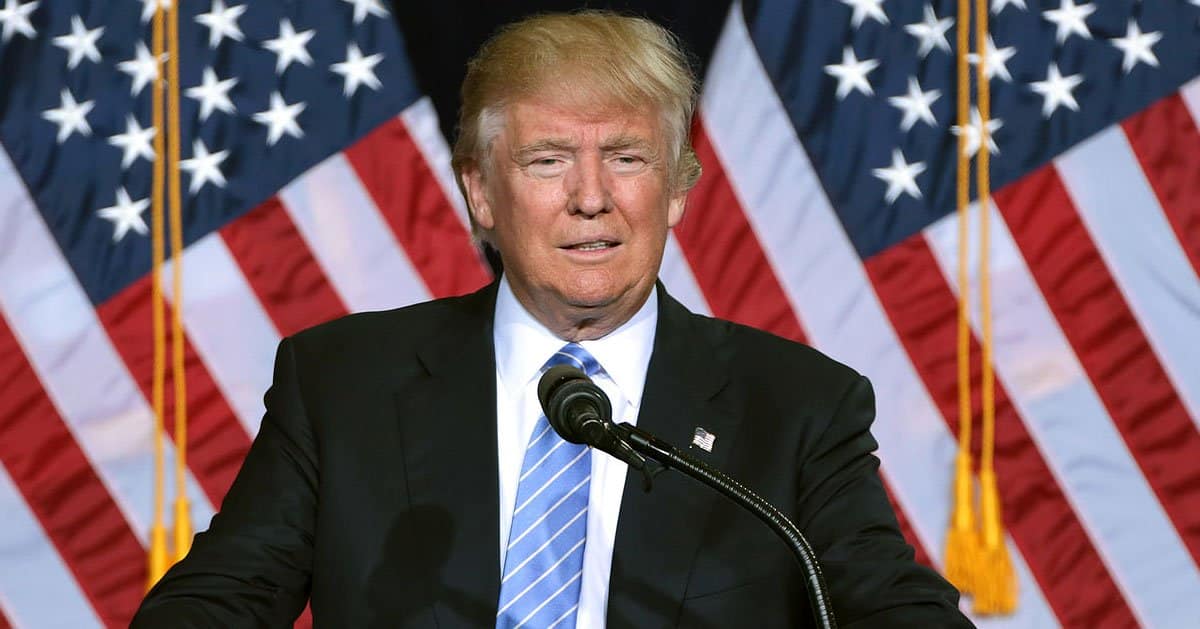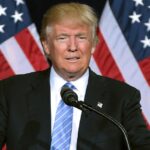







In a surprising addition to President Trump's administration, Robert F. Kennedy Jr. has recently taken office as the secretary of the Department of Health and Human Services.
CBS News reported that his appointment has sparked unease among healthcare professionals due to his lack of medical expertise and previous association with the anti-vaccine movement.
Kennedy, who was confirmed on Thursday and promptly sworn into his new role, is now at the helm of the nation's largest health agency.
This development has met with criticism from several doctors and health experts who question Kennedy's qualifications. Notably, Robert F. Kennedy Jr. lacks formal medical training, a point of contention for many within the health community.
Among those voicing concern is Dr. Paul A. Offit, a renowned vaccine expert at the Children's Hospital of Philadelphia. Offit expressed his disappointment, describing the day as grim for both children and public health.
The critical factor in these concerns revolves around Kennedy's prior involvement with the anti-vaccine movement, which has propagated the unfounded claim that vaccines can lead to autism.
During his confirmation hearings, Kennedy attempted to dispel the perception that he is against vaccines or the pharmaceutical industry. He emphasized his stance on vaccine safety, distinguishing himself as "pro-safety."
Despite these assurances, Dr. Offit remains skeptical and believes Kennedy's past views will persist into his current role. Offit suggests that Kennedy articulated whatever was necessary during his hearings but will ultimately continue to uphold his long-held beliefs.
In his new position, Kennedy has announced his intention to encourage healthier living across America. He aims to address the widespread chronic disease epidemic and set the nation on the path to better health outcomes. One of the issues Kennedy plans to tackle is the consumption of processed foods, which he cites as contributors to various health challenges.
Dr. Ezekiel J. Emanuel, another medical professional expressing reservations about Kennedy's confirmation, acknowledges common ground with Kennedy's concerns regarding processed food
. Emanuel agrees that highly processed foods correlate with numerous health problems, including obesity and diabetes. However, Emanuel also mentions broader apprehensions about the Trump administration's potential reductions in medical research funding, which could impact agencies under Kennedy's charge.
The Department of Health and Human Services, now under Kennedy's leadership, oversees a vast range of critical health institutions, including the Centers for Disease Control and Prevention, the National Institutes of Health, and the Food and Drug Administration.
Given the department's significant role in shaping national health policy, Kennedy's leadership will be pivotal in influencing the direction of future health initiatives.
Dr. Offit's skepticism persists as he comments on Kennedy's self-description. Offit encourages others to take Kennedy at his word when he speaks of his positions. Despite Kennedy's recent attempts to reframe his image, Offit anticipates that Kennedy will remain aligned with his past associations.
As Kennedy settles into his new role, the potential ramifications for medical research and healthcare innovation are subjects of considerable debate.
Dr. Emanuel and Dr. Offit are particularly wary of potential setbacks in research funding and progress. Emanuel's concerns center on the possibility of policy shifts that may deprioritize scientific investigation and development.
Throughout his hearing, Kennedy consistently emphasized safety and health improvement, seeking to dispel any notion that he opposes vaccinations outright or is antagonistic towards pharmaceutical companies. He made it clear that his focus will be on advocating for public health.
The reception of Kennedy's appointment remains mixed among healthcare professionals. While some acknowledge his potential as a reformer, others remain cautious about the implications of his leadership for key issues such as vaccination advocacy and agency resources.
As Kennedy embarks on this new chapter, his decisions will undoubtedly be closely monitored by both supporters and detractors within the medical field.



